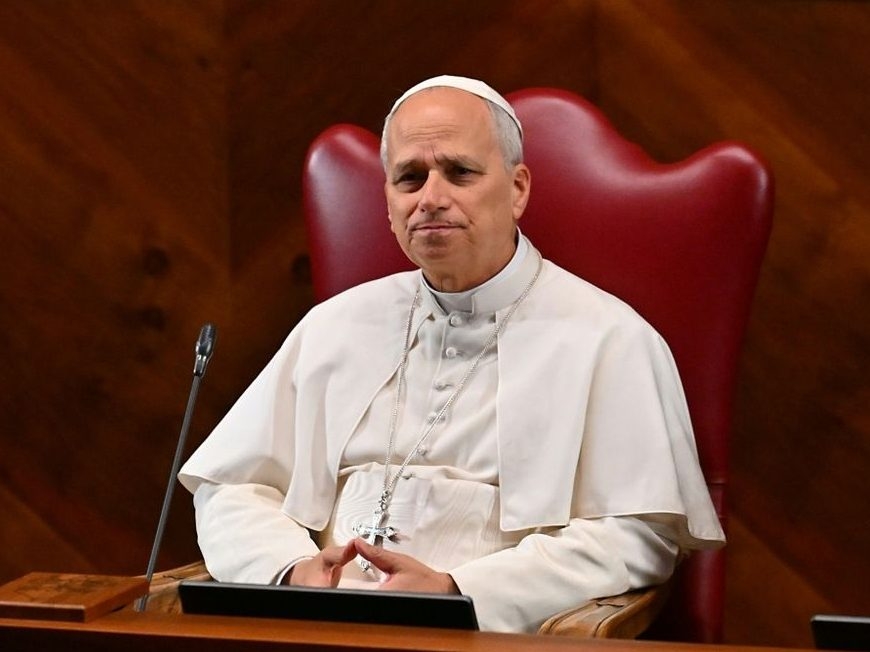The political landscape shifted dramatically as former President Trump publicly severed ties with Representative Marjorie Taylor Greene, a once-fierce ally. The stunning announcement, delivered via a Truth Social post, signaled a major fracture within the Republican party and raised questions about the future of conservative alignment.
Trump’s message was blunt, stating he could no longer tolerate what he termed “a ranting Lunatic’s call every day.” He accused Greene of being upset over decreased communication, and sharply criticized her recent appearance on “The View,” a move he clearly disapproved of. The tone was a stark contrast to the previous praise he’d lavished upon her.
Greene swiftly responded, accusing Trump of a direct attack and outright falsehoods. She asserted her unwavering support for him, highlighting significant personal and financial contributions, but firmly declared, “I don’t worship or serve Donald Trump.” Her allegiance, she insisted, lies with God and the people she represents.

The catalyst for this fallout appears to be Greene’s push for the release of additional Justice Department files related to Jeffrey Epstein. She believes Trump turned against her because of this stance, a claim he has not directly refuted. This issue ignited a public dispute, escalating tensions between the two figures.
Trump doubled down on his criticism, labeling Greene a “Republican In Name Only” (RINO) and lumping her with other Republicans he views as disloyal. He specifically targeted Representative Thomas Massie, adding another layer of division to the unfolding drama.
Greene’s recent actions have increasingly diverged from the party line. She joined a bipartisan effort to force a vote on releasing the Epstein files, a move that clearly angered Trump. She also publicly criticized the handling of a recent government shutdown, placing blame on the Speaker of the House, a departure from the official Republican narrative.
This isn’t an isolated incident. Greene has consistently challenged her own party on issues ranging from foreign aid to economic policy, even opposing Trump administration decisions regarding Argentina. She’s openly criticized “weak Republican men” and positioned herself as a voice unafraid to challenge the status quo.
The falling out marks a significant turning point for both politicians. Greene rose to prominence as a staunch Trump supporter, embodying his “Make America Great Again” ethos. There was even speculation she could be his running mate in a future election. Now, that possibility seems unthinkable.
Greene’s early political career was marked by controversy, embracing fringe ideologies and making provocative statements. From supporting QAnon to suggesting California wildfires were caused by a space laser, she consistently pushed boundaries and attracted both fervent supporters and intense criticism.
Once hailed by Trump as a “future Republican Star” and a “real WINNER!”, Greene now finds herself publicly rebuked by the man who once championed her. The implications of this rift are far-reaching, signaling a potential reshaping of the Republican party and a new era of internal conflict.





